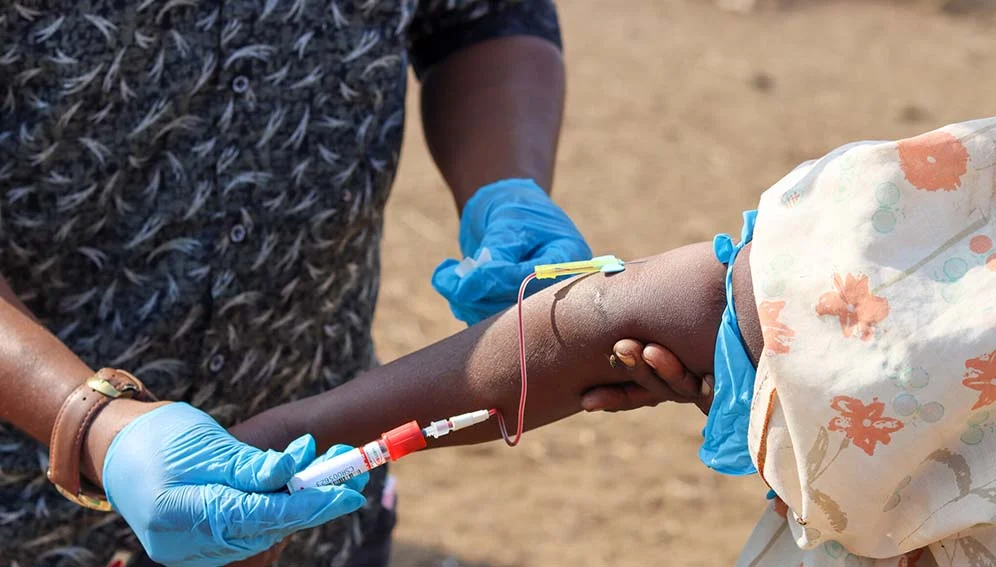
The World Health Organization (WHO) has confirmed 404 human cases of Rift Valley Fever (RVF) in Mauritania and Senegal between September 20 and October 30.
At least 42 people have died from the mosquito-borne viral disease, which also affects livestock and poses a severe risk to rural communities.
The WHO said national health authorities in both West African nations are working to contain the outbreak through intensified surveillance and vector control measures.
Health teams are monitoring affected areas to trace infections, raise awareness among farmers, and prevent further transmission between animals and humans.
Rift Valley Fever often emerges after heavy rainfall, creating breeding grounds for mosquitoes that carry the virus to humans through bites or contact with infected animal blood.
The WHO warned that the disease could spread rapidly if preventive action is delayed, especially in pastoral zones dependent on livestock trade.
Regional laboratories have been mobilised to improve testing capacity, while veterinary services are conducting animal vaccination campaigns to curb the virus at its source.
Authorities urged communities to avoid handling sick or dead animals and to report any sudden deaths among livestock.
First identified in Kenya in the 1930s, Rift Valley Fever has since caused recurring outbreaks across sub-Saharan Africa, often triggered by changing climate patterns.
The WHO continues to coordinate with governments and international partners to strengthen public health responses and limit the outbreak’s human and economic toll.
